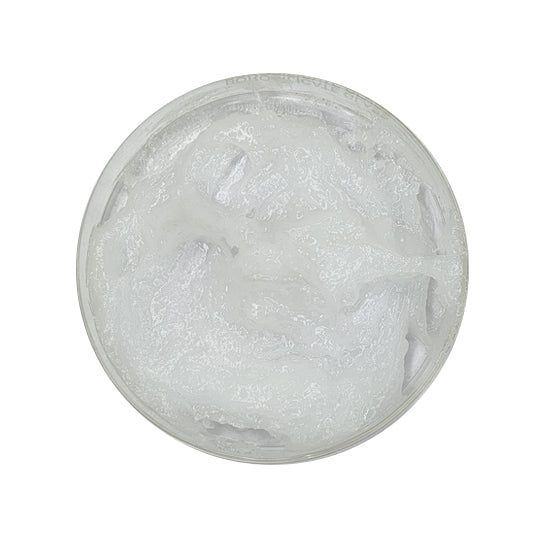We can't deny the fact that the skin is the body's largest organ, and thus it becomes important to take good care of it. With good care, it means you have to trust it with the right products, and one such product that can completely help you is petroleum jelly.

It is a very common and prominent inexpensive product that is found in most people's cabinets. You should also know that petroleum jelly also comes up as one of the super ingredients for psoriasis condition. Let's discuss in detail the various benefits of petroleum jelly for psoriasis and how to use it.
What Is Psoriasis?
The knees, elbows, trunk, and scalp might develop an itchy, scaly rash due to the skin condition psoriasis. It is a prevalent long-term (chronic) condition for which there is no cure. It may be painful, interfere with sleep, and be challenging to focus.
The problem tends to flare up for a few weeks or months, then subside for a while. It commonly triggers in individuals who have a genetic predisposition to psoriasis, including infections, cuts, burns and certain medicines. There are various treatments that are available to help people manage the symptoms of psoriasis. You can also try some lifestyle habits and skincare routines to help you live better with psoriasis, and using petroleum jelly is one of them.
How To Use Petroleum Jelly For Psoriasis?
Now that we know about the skin condition and that petroleum jelly can help us with it, it's time we get an idea of how to use it. Let's discuss how to use petroleum jelly for psoriasis.
Petroleum jelly is a sticky cream that can help you manage your psoriasis flare. It acts as a type of ointment called an emollient. It helps moisturize your skin, ease itchy skin, and reduce scaly patches and cracked skin.

Here's How to Use It.
- After washing or showering with lukewarm water.
- Apply a large amount of moisturizing cream or ointment to your skin to seal in moisture.
- Avoid lightweight lotions since they lack emollients.
- After putting in the thick lotions and creams, apply a thick layer of petroleum jelly.
- This will help you in sealing the moisture to your skin.
Conclusion
In conclusion, we can say that Petroleum is an emollient, and some people may find it beneficial in the treatment of psoriasis symptoms. It's time you trust it as well and use it to get relief from the psoriasis symptoms. Even though it is not a direct solution to treat this skin condition, it can help manage its symptoms and will not deteriorate the condition to a worse situation. So, make it a routine to apply petroleum jelly on your psoriasis-affected skin and always stay in touch with your dermatologist. Petroleum jelly is free from any sort of side effects.
Frequently Asked Questions (FAQ):
Let's help you clear some doubts about using petroleum jelly for psoriasis through our frequently asked questions section.
Q. Is Petroleum Jelly Good For Scalp Psoriasis?
Ans:Yes, petroleum jelly is a great emollient to trust that you can use for scalp psoriasis problems as well. Just remember to use a shampoo with salicylic acid for better results.
Q. Is Petroleum Jelly Safe For Psoriasis?
Ans: Yes, petroleum jelly is completely safe for psoriasis, and it can help manage the psoriasis flare effectively. It helps moisturize and ease down itchy skin. It also reduces scaly patches, cracked skin or flakes from it.
Q. Can Petroleum Jelly Help Psoriasis?
Ans:Petroleum jelly is a great emollient that is good for skin with psoriasis. In fact, according to various research studies, it can help protect the skin's barrier function.










 Sign in
Sign in Register now
Register now My Reward Points
My Reward Points












